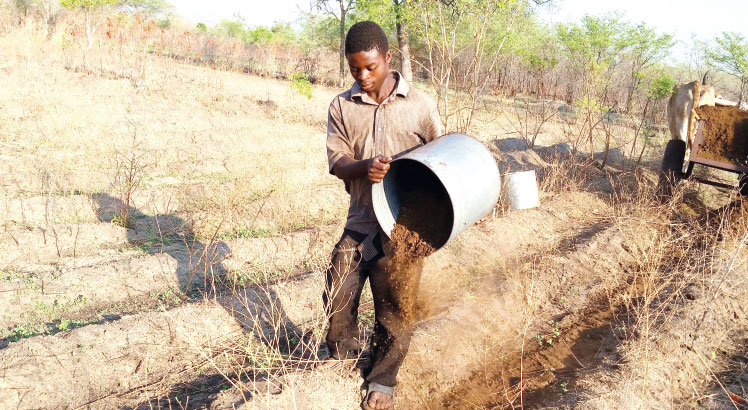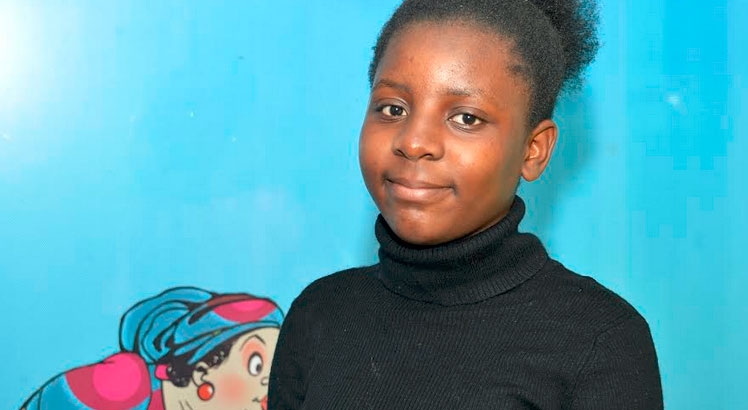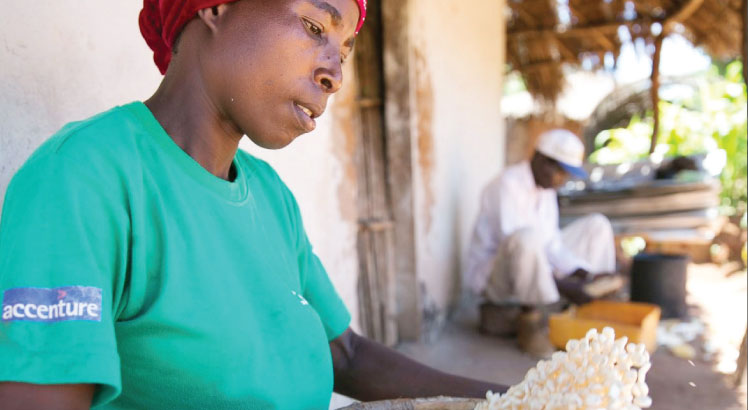Be afraid, be very afraid of Mutharika
Think thrice—or just forget it, if you thought President Peter Mutharika’s leadership would be different from his departed brother, Bingu.
If you think so, then you are either naïve or—which is more likely—you missed the speech Mutharika gave at Masintha ground in Lilongwe last Sunday.
Its content riddled with vulgar, its tone strong and insensitive, its delivery almost staggering, it was a speech I regard historical because it could be a watershed of what is to come from his leadership.
There is a big reason I am saying the speech could pass for Mutharika’s watershed.
In his first 100 days, he, unlike her predecessor Joyce Banda has not been so much of a public President. He has only held three mass rallies: in Mzuzu, Blantyre and last week, at Masintha, Lilongwe.
In the first two rallies, there was nothing unusual about how he spoke. He was the calm, sober, policy-specific president we knew from campaign days.
But the speech he gave last week at Masintha was a complete antithesis of what most Malawians began to know and like about Mutharika.
One, he was visibly tense and irate. Two, the tone was harsh and attacking. And three, the content of the speech, weighed by its deep sense of emptiness, was nothing, but extreme pettiness from a professor president.
Are we seeing a different Mutharika? Or we experienced a wrong version of him earlier, but now the innermost him is coming out?
Listening to the speech you feel like you are listening to late Bingu’s last speeches of hate and vengeance.
Of course, you would understand Bingu—he had so much to be frustrated with. But it would take me a year, or even a decade, to understand Mutharika’s cruise to the political destruction in the first 100 days, the period every leader plays safe and nice, more so if you are a leader whom the majority rejected.
For this, I am really afraid, very afraid and, you too, should.
If you take time to read between the lines of the speech, you discern a modern president who thinks in regional/tribal lines, who is intolerant to diverging views, who is insensitive and unpresidential in how he addresses those he disagrees with—a complete carbon copy of a departed brother.
Is he a regionalist?
So far I can argue he is. Of course, Mutharika has been going public talking about the need of thinking Malawi first. However, as it is always the case, the truth lies in actions, not words.
For Mutharika, his actions barely vindicate his words of thinking Malawi first. The first time I got the regionalist/tribalist in him was during the leaked conversation.
He was quoted dressing down former Speaker of Parliament Henry Chimunthu Banda as a person who cannot lead the Democratic Progressive Party (DPP) because he is Tonga. Really? A full professor who has stayed and taught in civilised America discrediting somebody’s leadership capability based on tribal affiliation?
I will not talk about how skewed his public appointments have been in favour of a particular region and tribe. But I will talk about the embarrassing ground the President gave in the speech last week to justify why his treason arrest last year was a ‘concoction and rubbish’.
The President said the ‘Attorney General (AG), chairperson of the commission of inquiry [into events surrounding the death of his late brother, Bingu] came from the same village’. Really, professor?
Unarguably, he needs to convince Malawians that he is not this petty.





